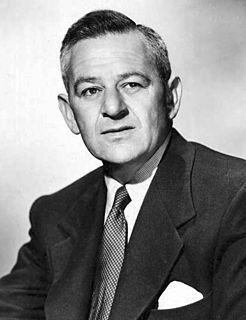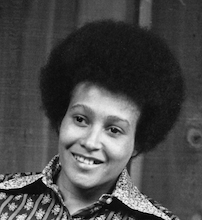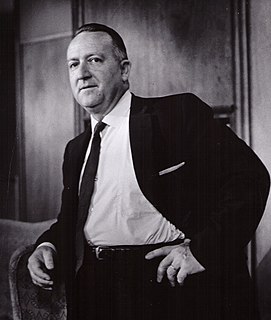A Quote by Marion Zimmer Bradley
We were discussing civilization and the fact that young men among the Greeks at that time were idiots and uneducated, so the men had emotional and friendly relationships with members of their own sex.
Quote Topics
Related Quotes
They carried all the emotional baggage of men who might die. Grief, terror, love, longing--these were intangibles, but the intangibles had their own mass and specific gravity, they had tangible weight. They carried shameful memories. They carried the common secret of cowardice.... Men killed, and died, because they were embarrassed not to.
The war was an escape to reality... The only thing that mattered were human relationships; not money, not position, not even family... Only relationships with people who might be dead tomorrow were important. It is a sort of wonderful state of mind. It's too bad it takes a war to create such a condition among men.
The fact is that in my prep school, I went to a boarding school, 39 young men graduated from that prep school. Five years later, a quarter of us were in SDS, in Students for Democratic Society. Not because we were particularly chosen or because we were as I say, we were lucky but we were mainly luckily to grow up at a time where this black freedom movement was really defining the moral character of what it meant to be a citizen and a person.
The Jews had a love-hate relationship with the Greek culture. They craved its civilization but resented its dominance. Josephus says they regarded Greeks as feckless, promiscuous, modernizing lightweights, yet many Jerusalemites were already living the fashionable lifestyle using Greek and Jewish names to show they could be both. Jewish conservatives disagreed; for them, the Greeks were simply idolaters.
I was a young feminist in the '70s. Feminism saved my life. It gave me a life. But I saw how so much of what people were saying was not matching up with what they were doing. For example, we were talking about sister solidarity, and women were putting each other down. We were talking about standing up for our rights, and women weren't leaving abusive relationships with men. There were just so many disconnects.
The response of the men who were introduced into polygamy between 1841 and 1846 was anything but enthusiastic. The same was true of the women who were offered the chance of becoming plural wives. Apart from the fact that the new system collided with moral assumptions they had grown up with, there were practical difficulties that made polygamy less attractive. For the men to support additional wives was seldom easy.





































